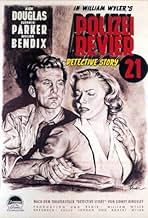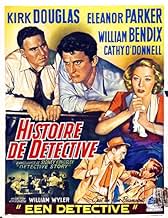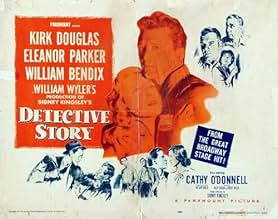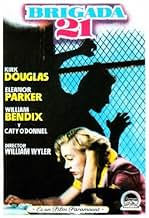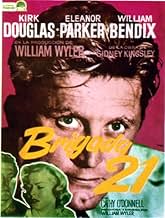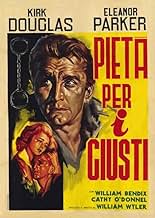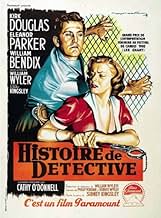Un giorno nella vita della squadra di detective del 21 ° distretto di New York. Mostra la loro routine quotidiana, i problemi che devono affrontare, dalle piccole lamentele dei cittadini ai ... Leggi tuttoUn giorno nella vita della squadra di detective del 21 ° distretto di New York. Mostra la loro routine quotidiana, i problemi che devono affrontare, dalle piccole lamentele dei cittadini ai crimini.Un giorno nella vita della squadra di detective del 21 ° distretto di New York. Mostra la loro routine quotidiana, i problemi che devono affrontare, dalle piccole lamentele dei cittadini ai crimini.


